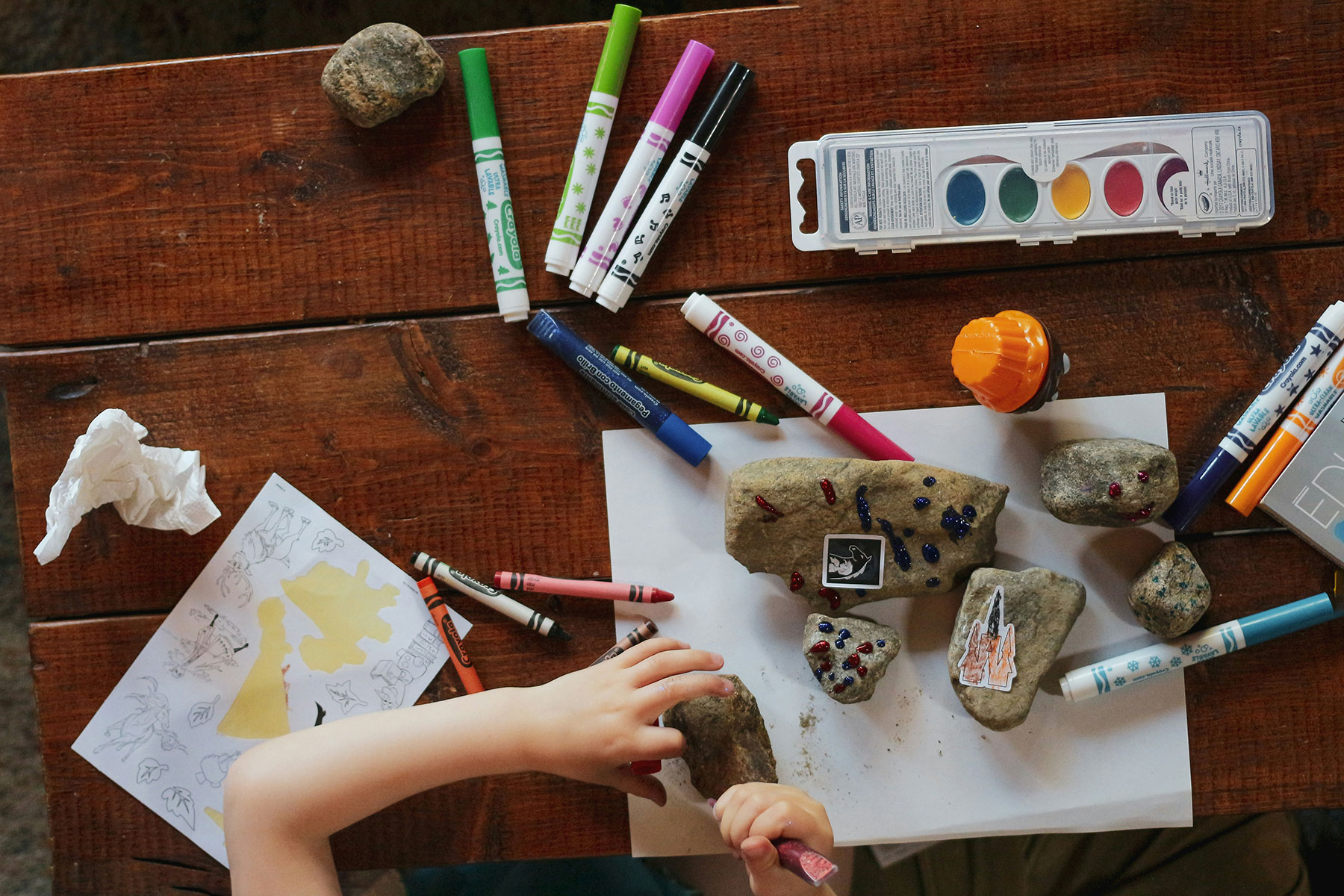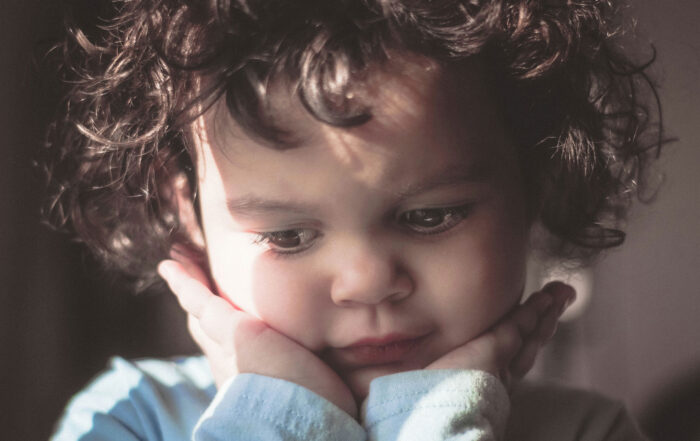
by Nicole McDermott
Trauma—either as a one-time event or prolonged exposure— can cause a wide range of mental health issues including flashbacks, sleep disturbances, anxiety, grief and substance misuse. Healing from trauma can take time and work, but throughout, a positive shift can happen—this experience is known as post-traumatic growth. In this article, we explore what post-traumatic growth is and how to cultivate it after experiencing trauma.
Share This Post!
Trauma screening may help connect children to specific mental health services
By Penn State Each year between 200,000 and 270,000 children and youth enter foster care placements with child welfare services, and many more children receive child welfare services while remaining in [...]
The Mental Health of Minority and Marginalized Young People: An Opportunity for Action
By Vivek H. Murthy, Surgeon General Mental health is an essential part of overall health. It not only affects the ability of young people to succeed in school, at work, and [...]
How to Break the Cycle of Childhoold Trauma? Help a Baby’s Parents
By Rhitu Chatterjee, NPR Teresa Cox-Bates was only 11 years old when her father died, an event that dramatically altered her family's circumstances and shaped her childhood experiences. Studies also show that [...]
Supporting Children and Teens During the Holiday Season
Provided by The National Child Traumatic Stress Network This fact sheet provides tips that parents can use to talk to their children and teens about how they are feeling and changes to [...]
How a History of Trauma is Affecting the Children of Gaza
By Rhitu Chatterjee, NPR Researchers say the cumulative trauma of chronic ethnic-political violence has a profound and lasting impact on children's mental health and development, affecting their functioning and outlook on the [...]
Helping Children Cope After a Traumatic Event
Provided by the Child Mind Institute In the wake of a traumatic event, your comfort, support and reassurance can make children feel safe, help them manage their fears, guide them through their [...]







